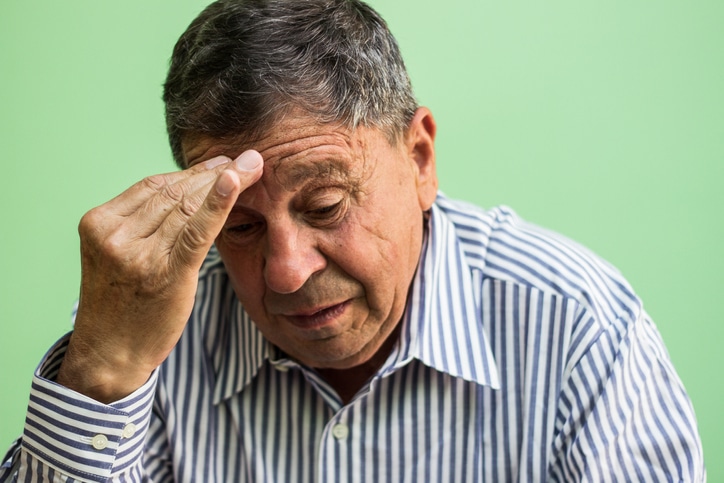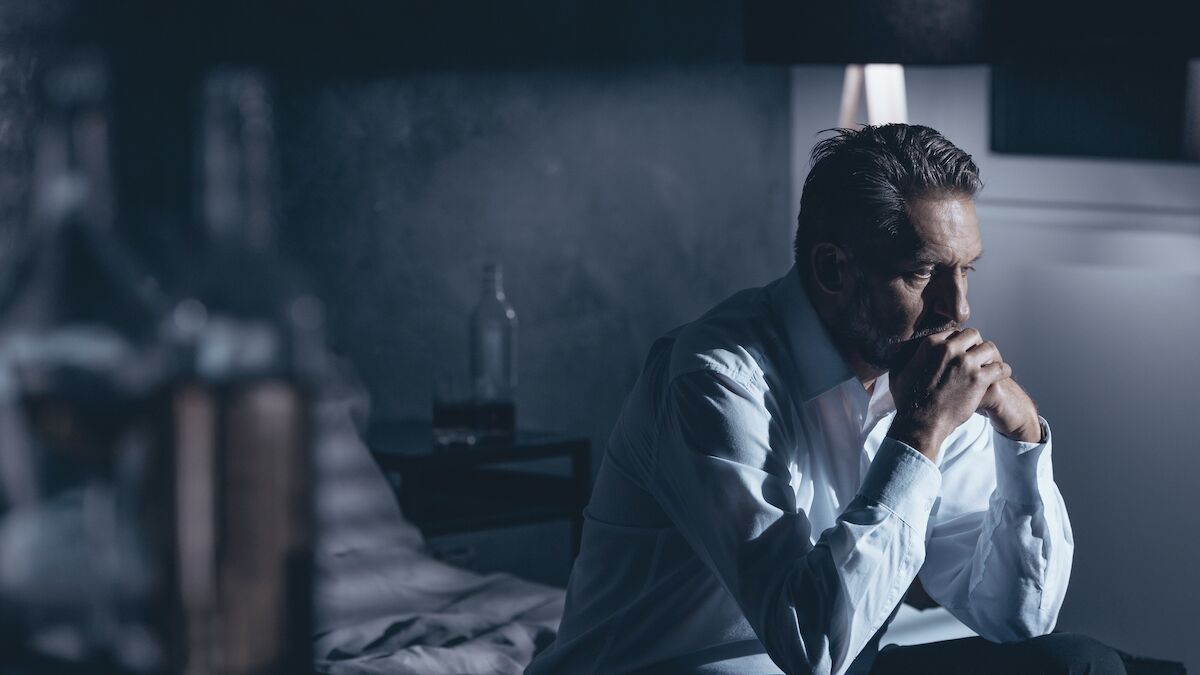Dr. Carrie Barron is a board-certified psychiatrist on the Columbia College of Physicians an Surgeons clinical faculty who also has a private practice in New York City. She has published in peer-reviewed journals, won several academic awards, and presented original works related to creativity and self-expression at national meetings of the American Psychoanalytic Association. Along with her husband, Alton Barron, M.D., a hand and shoulder surgeon, she co-authored the book The Creativity Cure: How to Build Happiness with Your Own Two Hands.
Dan:
Why is depression such a problem in our culture?
Carrie:
I think the stress level has increased enormously because we have so much to do, and we’re on twenty-four hours a day. So I think because of technology, which offers us so many great things but gives us much to do. I think that’s part of it. I also believe, especially for children, we’re in a striving, ambitious, productive time mentality – for children and adults. We need to play, we need to hang out, we need to have spontaneous time. I think spontaneous thought does a lot for alleviating depression and anxiety.
Dan:
We have so many different words in our culture for unpleasant experiences. We might say things like, “I’m sad,” “I’m burnt-out,” “I’m stressed out,” or “I’m depressed.” But what is the difference in your mind, as a clinician, between sadness, say, and depression?














